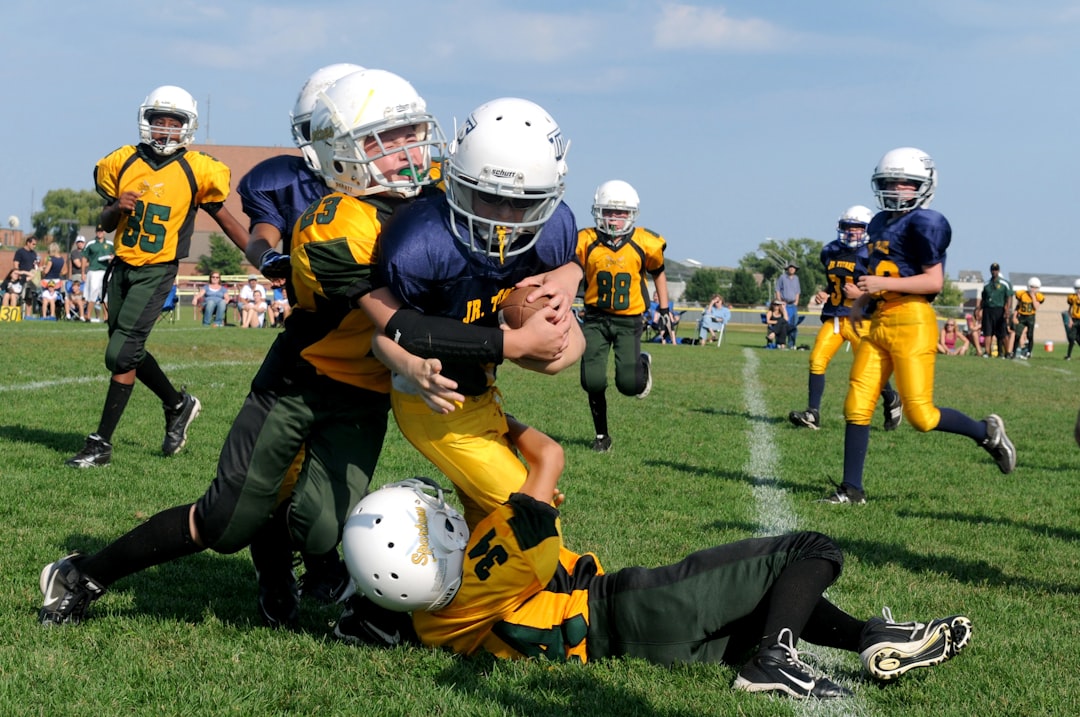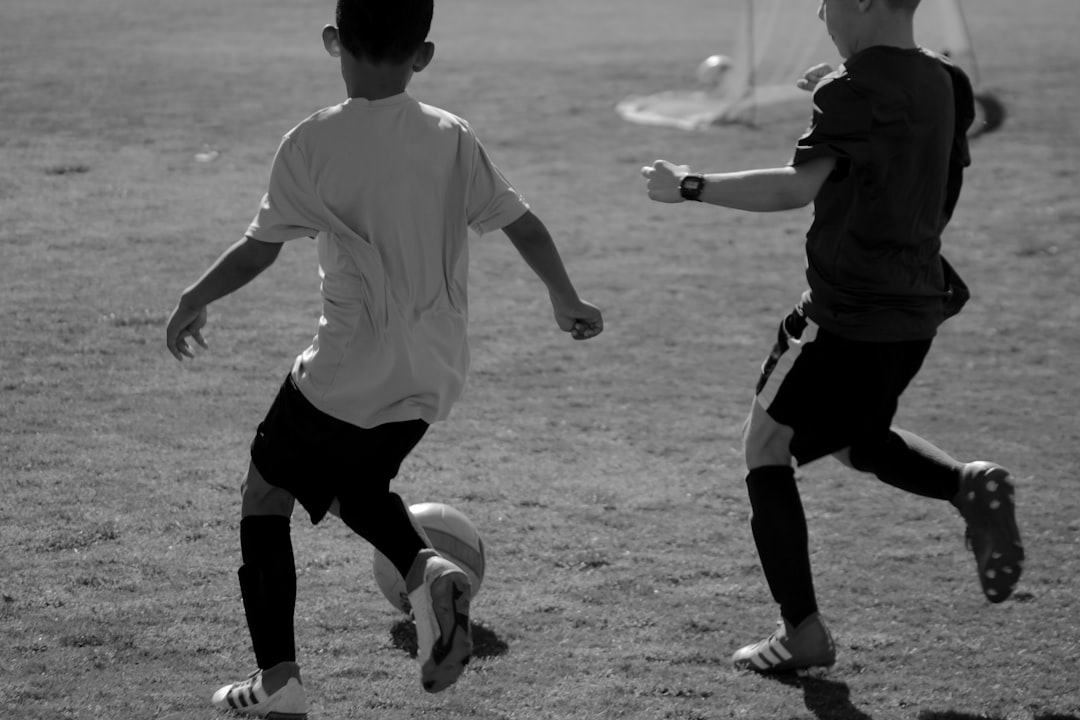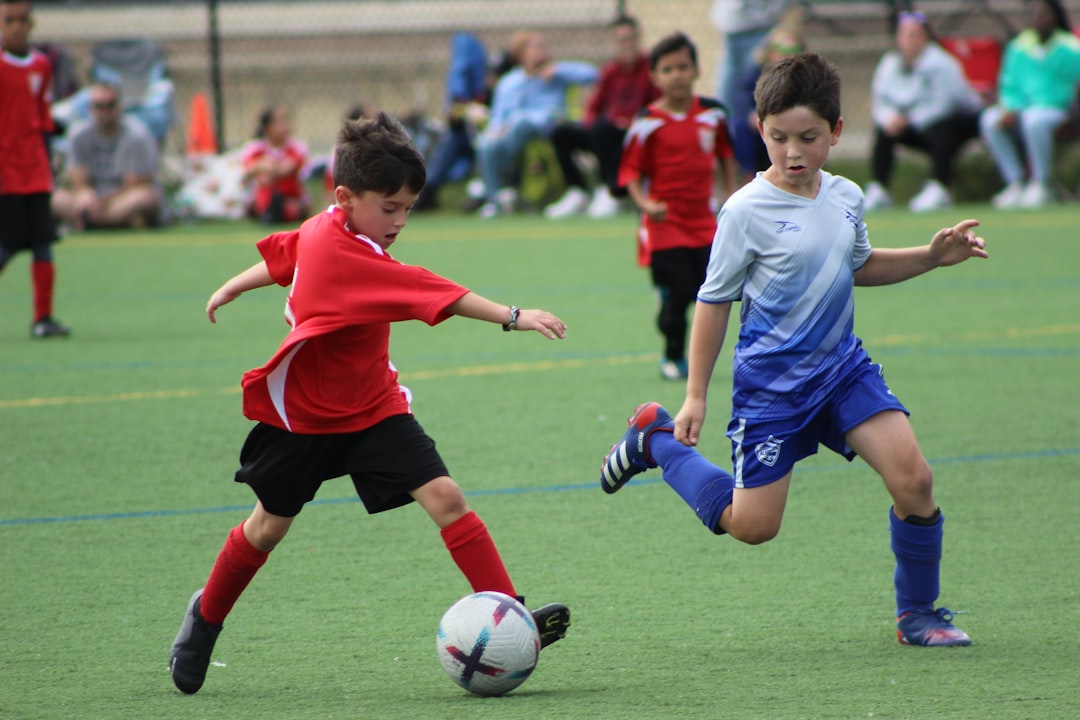As youth sports continue to play an increasingly central role in childhood development and family life, the role of parents has never been more vital—nor more scrutinized. Parents influence their children’s athletic experiences in powerful ways, both positive and negative. But how aware are you of the role you’re playing? Are you the supportive cheerleader, the overbearing coach from the sidelines, or something in between?
Understanding what kind of youth sports parent you are is not just a matter of personal reflection—it’s essential to the well-being of your child. To help you gain insight, we’ve created a quick and meaningful quiz that will help you identify your parenting style when it comes to sports.
Why Knowing Your Sports Parenting Style Matters
Psychologists and coaches agree: the way parents behave around youth sports can dramatically affect a child’s enjoyment, confidence, and long-term commitment. Your tone at the dinner table after a game, your feedback in the car ride home, and your behavior on the sidelines all shape your young athlete’s experience.
The goal isn’t perfection—it’s awareness. Cultivating the right approach can help your child develop resilience, teamwork, and a lifelong love for sport, win or lose.

The Quiz: What Kind of Youth Sports Parent Are You?
Answer the following questions honestly. For each prompt, choose the option that best describes your typical behavior. At the end, we’ll help you interpret the results and offer guidance based on your style.
- How do you act during your child’s game?
a) I cheer enthusiastically, regardless of the score.
b) I focus on their performance and occasionally shout instructions.
c) I stay quiet and nervous, trying not to draw attention.
d) I frequently offer tactical suggestions aloud, sometimes loudly. - What’s your conversation like after the game?
a) “I loved watching you play today!”
b) “Why didn’t you take that shot in the second half?”
c) “Let’s talk about what went wrong.”
d) “Next time, we’ll practice your defense a bit more.” - How involved are you in their training?
a) I let the coach handle it and support practice attendance.
b) I regularly give advice on technique after watching games.
c) I attend every practice and sometimes help out.
d) I give private coaching sessions at home.
Your Results: Identifying the Parent Within
- The Encourager: If you mostly answered “a,” congratulations! You prioritize your child’s joy and emotional connection to the sport. You’re involved but not controlling. Children with encouraging parents often stay in sports longer and develop a healthy self-image.
- The Coach-Parent: Mostly “b” answers suggest that you blur the lines between parenting and coaching. You may be well-intentioned but risk damaging your child’s confidence and relationship with their coach.
- The Worrier: If “c” was your dominant choice, you may be anxious about your child’s performance and your role as a parent. While your concerns are valid, taking a step back can allow both you and your child to enjoy the sport more fully.
- The Over-Invested: Mostly “d” answers place you in this category. This style often stems from love and high aspirations, but intense involvement can feel overwhelming to children. They may feel they’re playing for your approval rather than their own passion.

Tips to Becoming a Better Sports Parent
No matter your quiz outcome, growth is always possible. Here are some expert tips to guide you:
- Focus on effort, not outcome: Praise hustle, improvement, and attitude rather than just goals or wins.
- Keep the car ride light: Avoid critical debriefings immediately after the game. Let your child decompress.
- Appreciate the coach: Allow the hired coach to lead, and support their efforts from the sidelines.
- Model sportsmanship: Your behavior—win or lose—sets a powerful example.
The fact that you’re reflecting on your role is a powerful first step. Whether you’re already on the right track or need to adjust your approach, your awareness and willingness to grow are key to becoming the kind of sports parent your child truly needs.
So next time you lace up your shoes for another game day, ask yourself—not just “are they ready?” but “am I showing up as the parent they deserve?”
